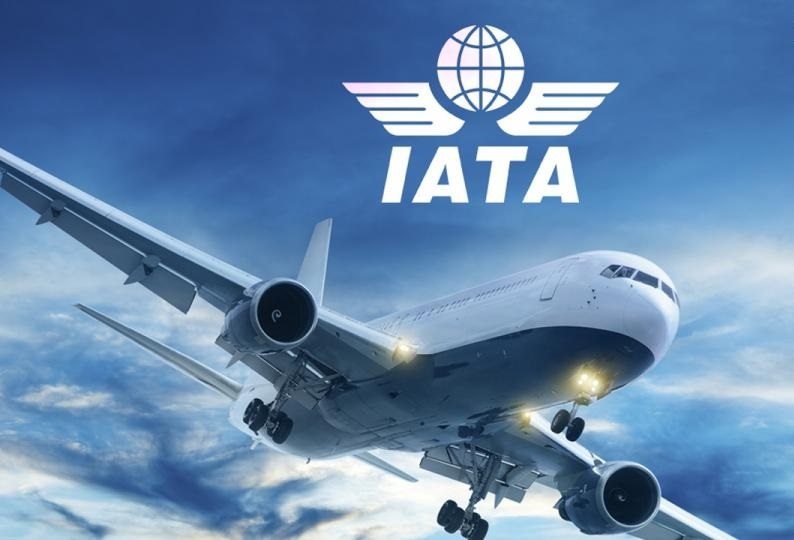News
Foreign airlines’ trapped money in Nigeria

Foreign airlines’ trapped money in Nigeria has continued to generate reactions from stakeholders in the aviation sector.
The stakeholders fear that if the matter is not addressed urgently, it could dent Nigeria’s image globally, discourage foreign industry investment, and adversely affect tourism and the travelling public.
The Bilateral Air Services Agreement (BASA), which the federal government signed with some countries, spells out that for every ticket sold, the money will be repatriated in dollars to the home countries of the foreign airlines. Unfortunately, due to the paucity of dollars due to the global economic meltdown, the agreement has not been adhered to strictly.
Aviation: Foreign airlines trapped funds in Nigeria reach $743,721,097.
Direct foreign investment is stunted by Delays in commercial justice.
According to statistics, as of December 2022, the trapped revenue was $550 million despite payment of some amount by the Central Bank of Nigeria, CBN. Currently, the balance of the BASA fund is over $743 million from $662 million in January 2023.
This has led to some foreign airlines leaving the country while others still operating have increased airfares, a development the President of the National Association of Nigeria Travel Agencies, NANTA, Mrs Susan Akporiaye, says is hurting many Nigerian travellers. She said sales have reduced, and the business is on the verge of collapse.
“The current fare structure and practices are exploitative to the Nigerian travellers and travel agencies”. Currently, airfares for the economy class are between N1.5 million to N3 million.
Meanwhile, all the foreign airlines’ lower inventories have been removed from the sales portal.
Foreign airlines’ trapped money in Nigeria
There have been many interventions by the National Assembly committees on aviation. The committees have called on the airlines to show understanding as the government tried to ensure their ticket proceeds were repatriated.
However, stakeholders believe there is a way out if the government implements specific mechanisms to address the problem. President of Aviation Safety Roundtable Initiative, ASRTI, Dr. Gbenga Olowo, said appeals are no longer tenable as one cannot continue to appeal to a patient who needs oxygen. He said what needs to be done is for the government to encourage indigenous airlines to participate in reducing the volume of the trapped funds. “Until we begin to showcase our own, we may not have a solution to the problem”.
Former President of NANTA, Mr. Bankole Bernard, said the foreign airlines’ funds became trapped because the CBN refused to give them at the official rate. He said, as of today, they issue tickets at N551 to a dollar, insisting the government should come out clear on what they want to offer to clear the trapped funds. “The funds became trapped because they were unwilling to give them at the official rate”.
An aircraft maintenance engineer and a Nigerian based in the U.S., Mr Femi Adeniji, suggested negotiating a repayment plan with a promissory note and giving them incentives. “Tax break, grants, improving Nigeria foreign exchange system, reducing bureaucracy and corruption in the aviation sector”.
During a recent visit to the Minister of Aviation, Senator Hadi Sirika, by the representatives of the International Air Transport Association, IATA and NANTA, the minister promised the matter would be resolved soon and called for patience.
Click Button Below to Join Our Telegram Groups

For Advert Inquiries & News/Article Publishing
Call:+2348033888791, +2347069999005
E-mail: legalattorneyblog01@gmail.com




















